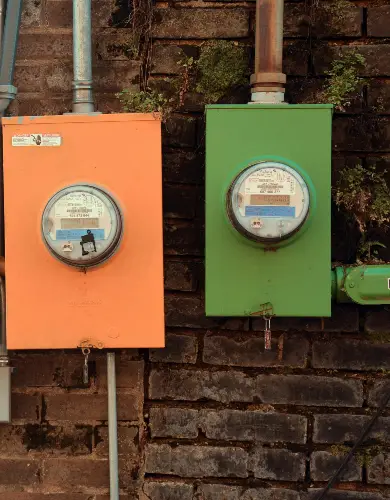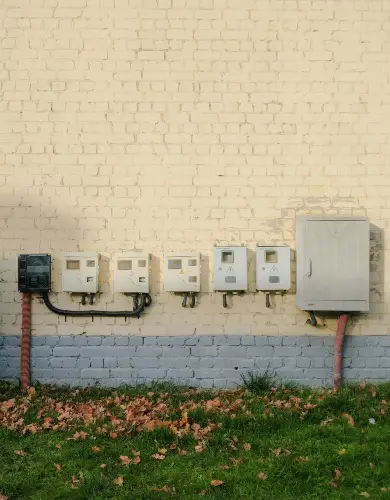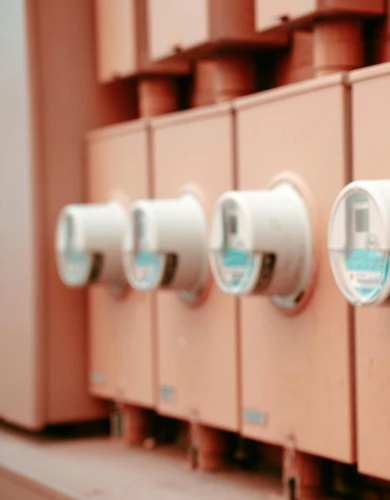 The nuclear Regulated Asset Base (RAB) model: how it works and rates for consumers
The nuclear Regulated Asset Base (RAB) model: how it works and rates for consumers In December 2025, the Regulated Asset Base (RAB) nuclear model began impacting domestic and business electricity bills, adding 0.3p/kWh to unit rates to fund the construction of the Sizewell C nuclear power plant. RAB levy costs associated with Sizewell C are likely to remain an additional component of electricity bills until around 2090, when the…
read more Wind curtailment in Britain: The rising cost of wasted wind
Wind curtailment in Britain: The rising cost of wasted wind The past decade has seen a rapid rise in wind farms supplying renewable power to the British grid. Yet, the network is increasingly struggling to distribute this intermittent energy to consumers. On windy days, the grid in Scotland is frequently overwhelmed, and wind farms are paid to disconnect, wasting their power. Last year, more than…
read more Sub-metering for businesses: Measure and optimise electricity usage
Sub-metering for businesses: Measure and optimise electricity usage Effective energy management increasingly depends on real-time, granular and accurate electricity usage data. With rising energy costs and greater regulatory focus on carbon reporting, many organisations are choosing sub-metering to measure and control their electricity consumption. This guide provides a clear, comprehensive overview of sub-metering for commercial buildings. Here’s what we cover: How sub-metering works…
read more Independent Connection Providers: Benefits and Risks for Businesses
Independent Connection Providers: Benefits and Risks for Businesses For many years, businesses had no option but to arrange new electricity connections or upgrades directly with their local Distribution Network Operator (DNO). With no competition, this process was often slow, inflexible and costly. Today, more than 450 Independent Connection Providers (ICPs) are accredited to design and build new connections, offering businesses a faster and…
read more Independent Distribution Network Operators (IDNOs): Extending the grid and powering new developments
Independent Distribution Network Operators (IDNOs): Extending the grid and powering new developments Independent Distribution Network Operators (IDNOs) are companies that build and operate local “last-mile” electricity networks that extend the existing grid to connect new developments. Created by Ofgem to introduce competition, IDNOs offer developers faster, more flexible and often lower-cost alternatives to the traditional network operators. This guide explains the role of IDNOs. Here’s what we…
read more Green Gas Levy (GGL): How it works and its impact on energy bills
Green Gas Levy (GGL): How it works and its impact on energy bills The Green Gas Levy (GGL) is a British environmental levy paid by all households and businesses with a mains gas supply. It is designed to fund the transition to low-carbon heating. The impact of the levy on bills is currently only a few pounds per property each year, but is expected to increase as the…
read more